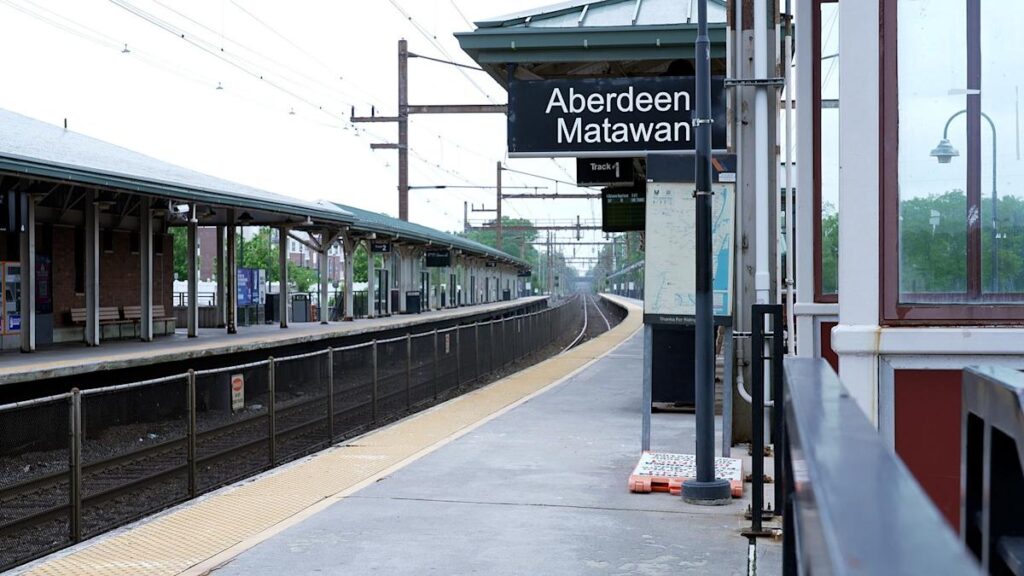The main sticking point in the New Jersey Transit strike is money.
Both sides have tried to spin numbers in their favor.
NJ Transit’s engineers have a starting hourly salary rate of $39.78 an hour, based on the contract that expired over five years ago.
Here is a list of the current base hourly rates paid to nearby railroads:
-
Long Island Rail Road: $49.92 per hour.
-
Metro-North: $57.20 per hour.
The tentative agreement from March, which was rejected by 87% of the union’s voting members, would have brought the starting base pay rate for NJ Transit’s locomotive engineers to $40.58 per hour, and here’s how it would have increased in the contract along with additional pay. The agreement was for two contract periods (July 1, 2020, through June 30, 2024, and July 1, 2024, through July 1, 2027):
-
July 1, 2020: a 2% increase to $40.58 per hour.
-
July 1, 2021: a 2.25% increase to $42.31 per hour.
-
Jan. 1, 2022: a 2.25% increase to $43.26 per hour.
-
July 1, 2022: a 2.50% increase to $44.34 per hour.
-
July 1, 2023: a 3% increase to $45.67 per hour.
-
July 1, 2024: a 3% increase to $47.03 per hour.
-
July 1, 2025: a 3% increase to $49.82 per hour.
-
July 1, 2026: a 3% increase to $51.32 per hour.
-
July 1, 2027: a 4% increase to $54.86 per hour.
The union has offered new proposals that Thomas Haas, general chairman of the Brotherhood of Locomotive Engineers and Trainmen, said Haas said would offset the increased wage costs with alternative savings, like changes to the healthcare plan or work rules, but the agency “chose to ignore” those opportunities.
Murphy talks: NJ Transit strike: Murphy calls it ‘slap in the face’ of commuters
Haas said he has seen locomotive engineers begin to leave NJ Transit for other railroads, with eight leaving earlier this year.
“They will leave NJ Transit if job opportunities present themselves, and we’ve seen that happen already,” Haas said. “That’s all that our members want — our members want to be treated with parity, with respect.”
Kris Kolluri, president and CEO of NJ Transit, said the agency has a full complement of engineers and every employee has the right to leave if they choose to. The problem with the union’s wage proposal, Kolluri said, is it’s too costly to agree to because he would have to offer those raises to the other unions, many of which have “me too” clauses in their contracts.
“Any deal we strike must be fair and fiscally responsible — it is not an either or, it is a conjunctive,” Kolluri said.
This article originally appeared on Asbury Park Press: New Jersey Transit strike: How much do NJ Transit engineers make?
Read the full article here


